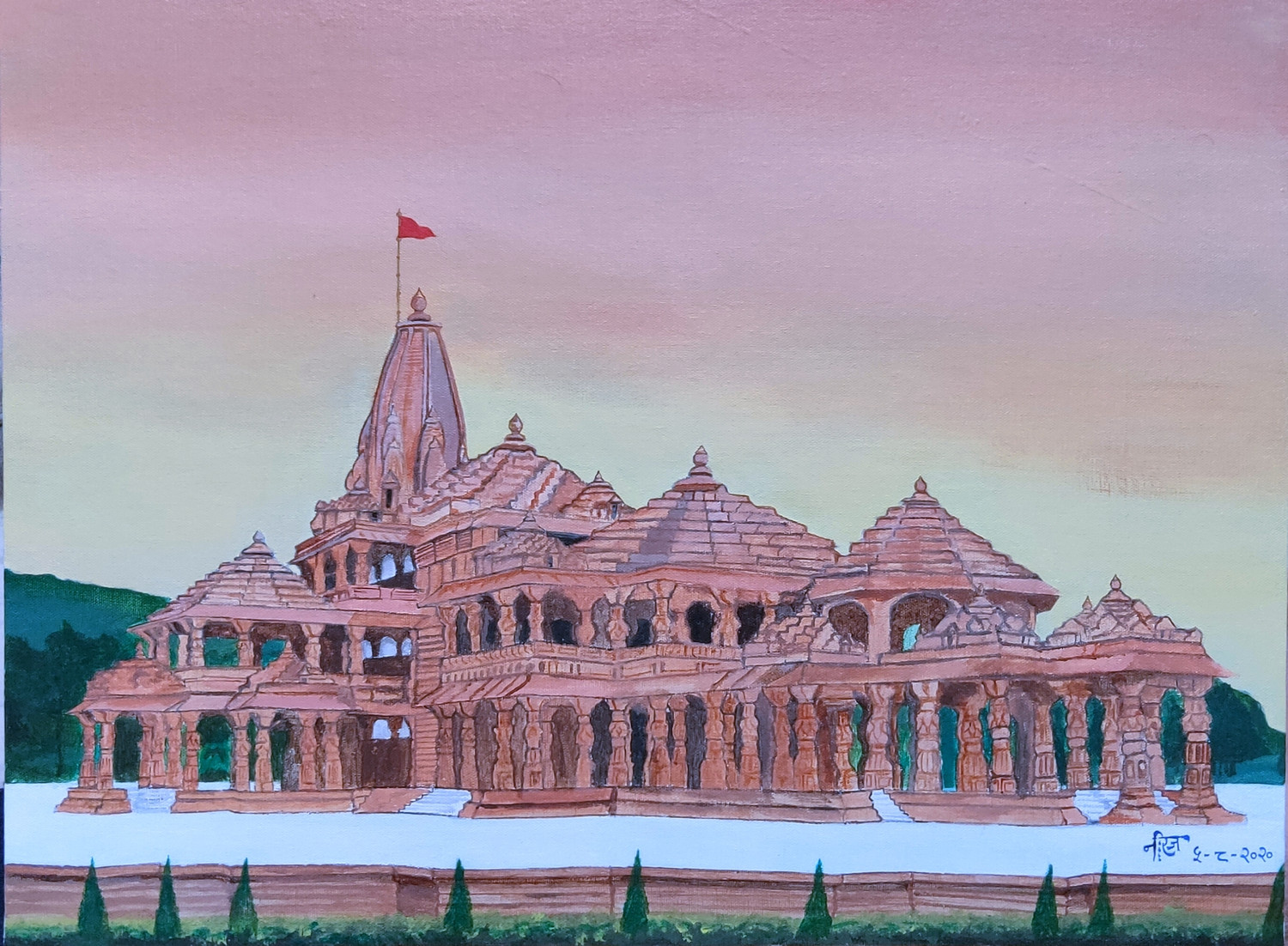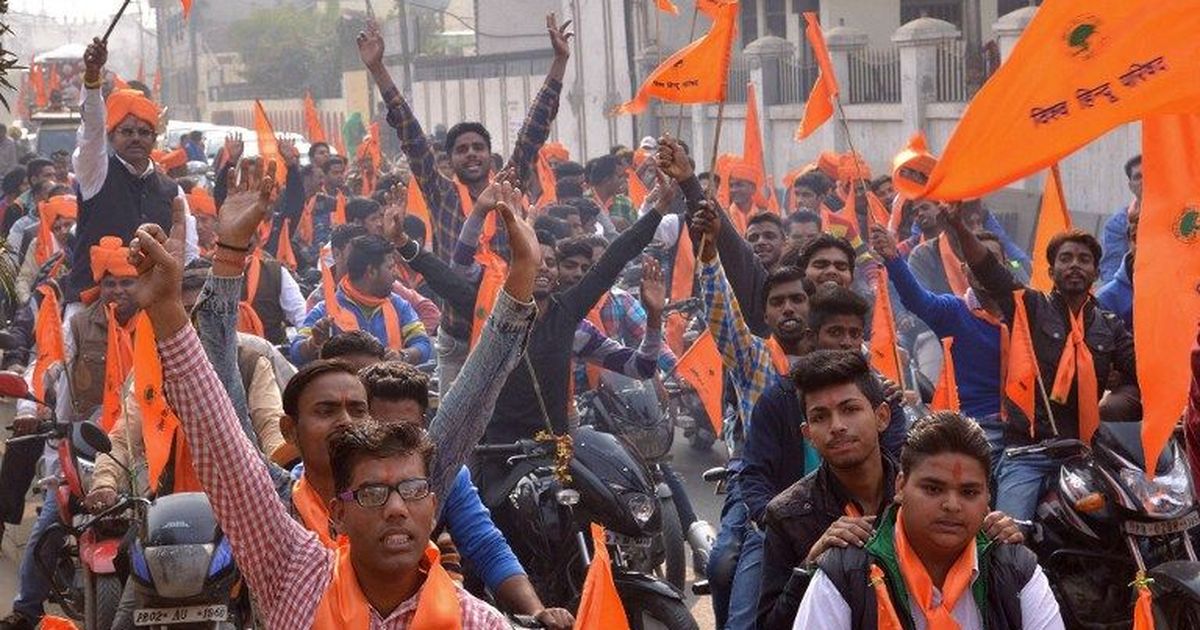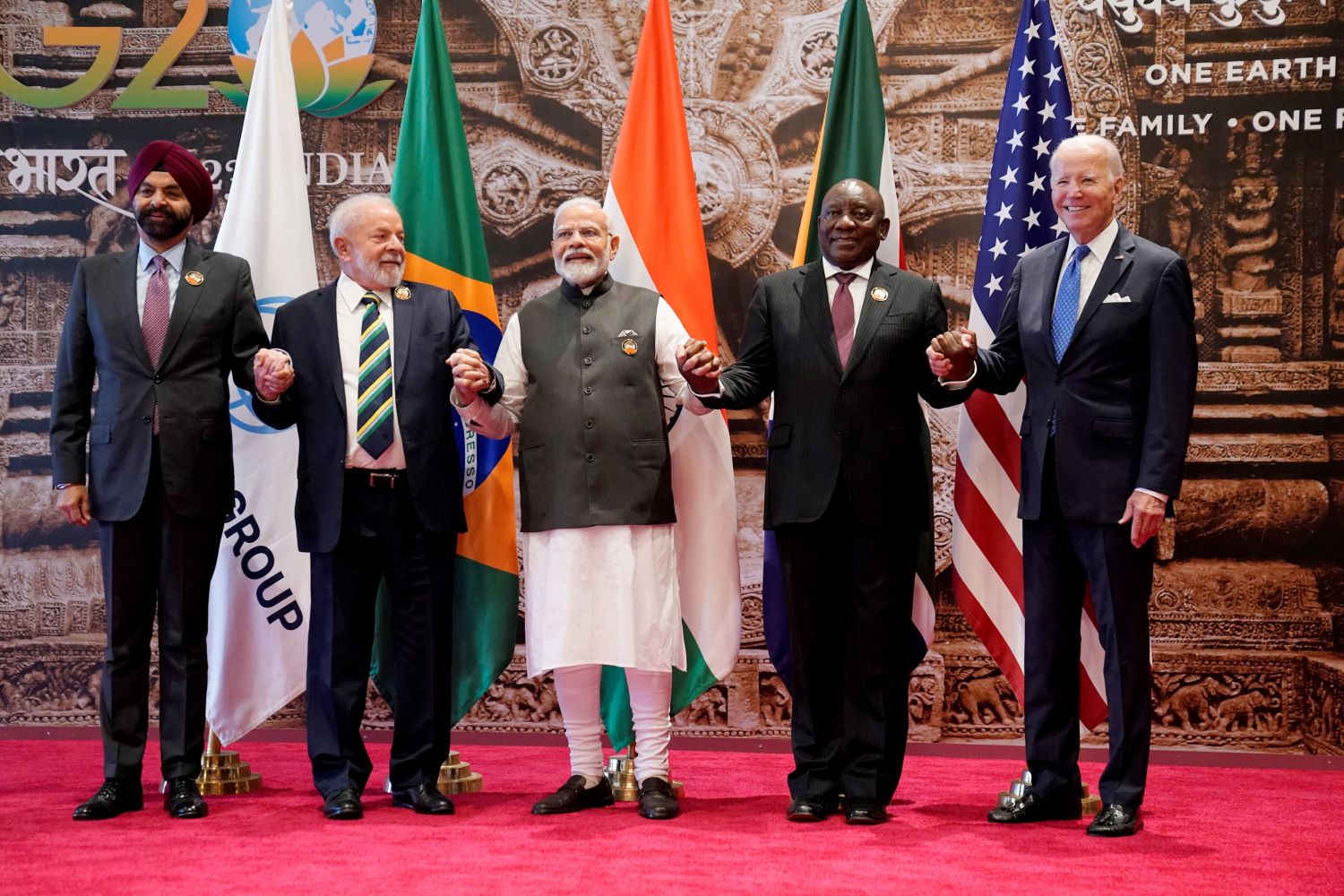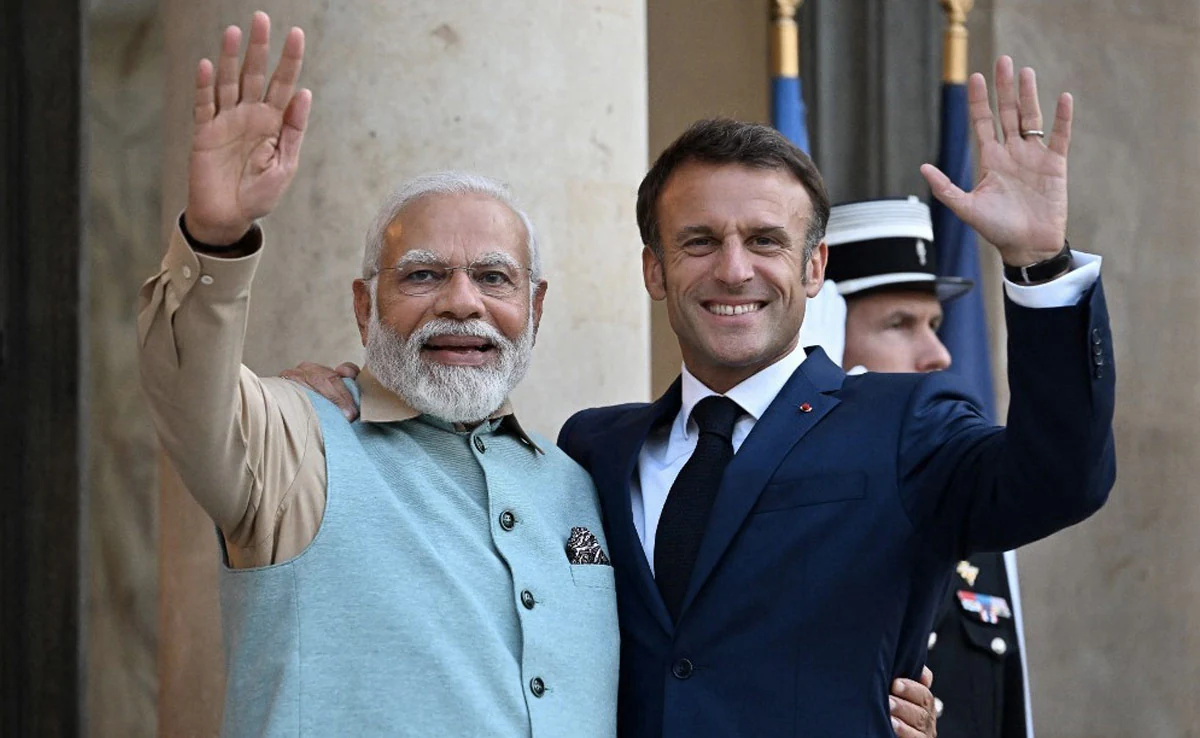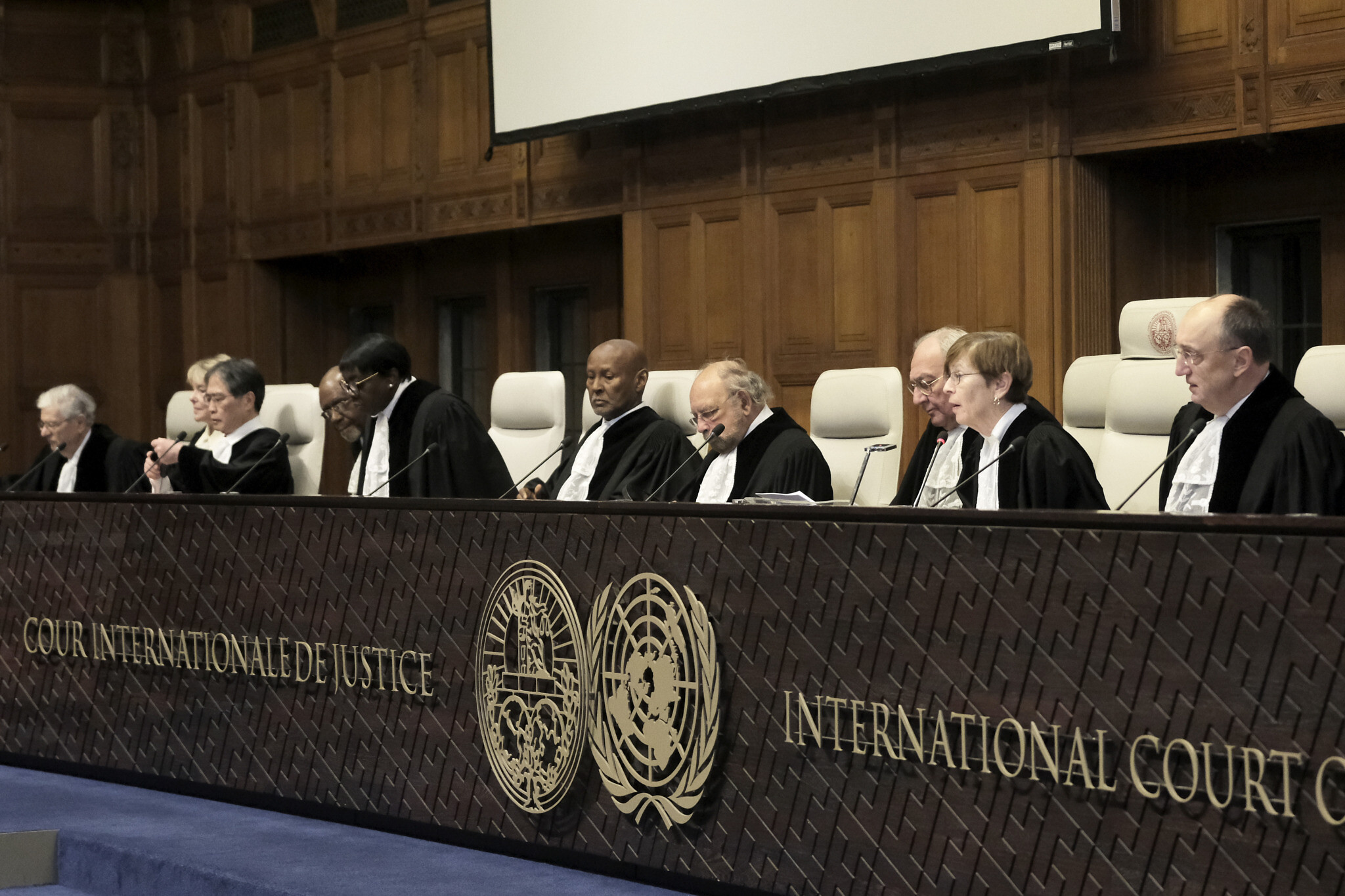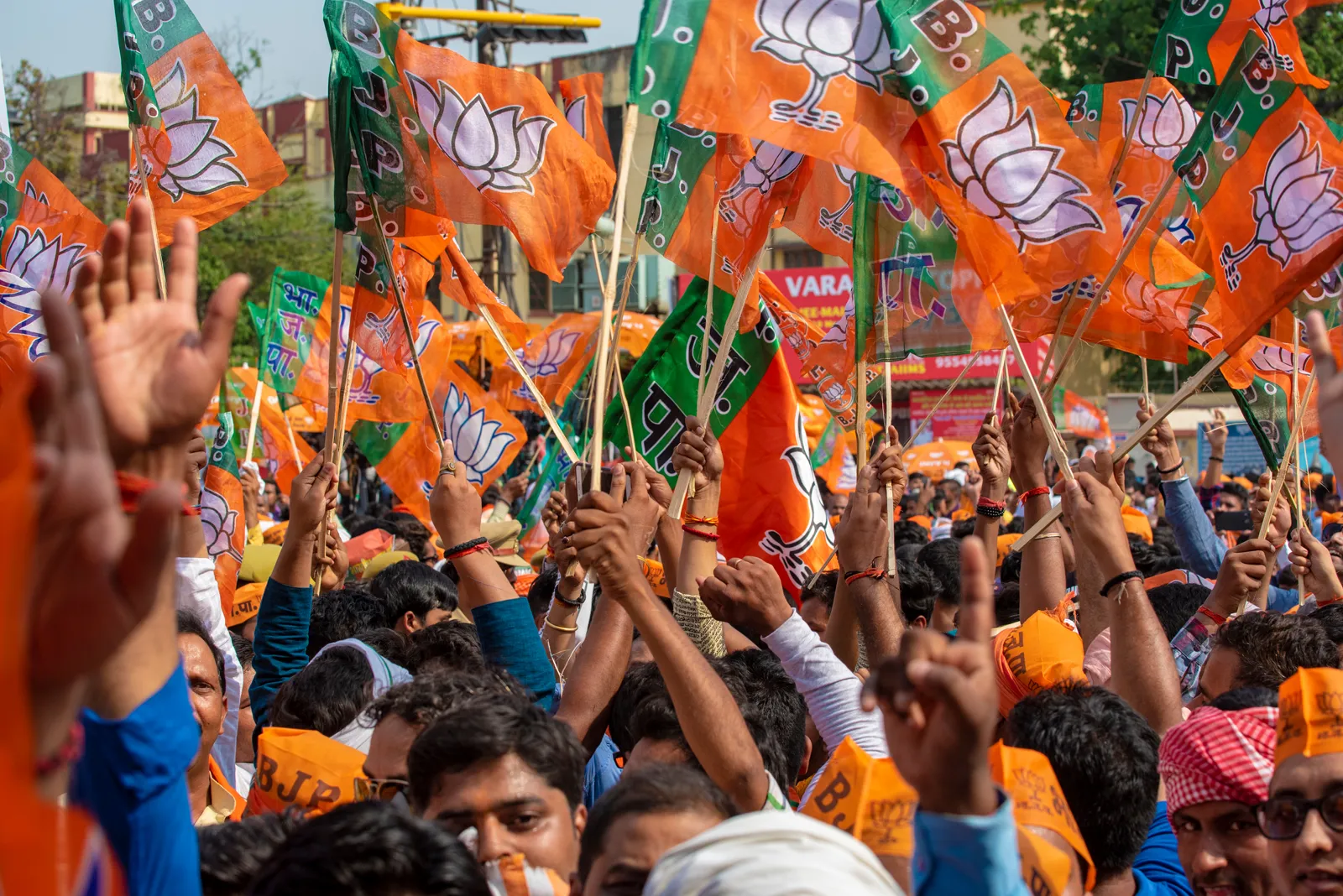Not only did the opening of the Ram Temple on January 22nd represent a turning point in India’s religious history, but it also sparked a debate about politics. Leaders of the opposition in a number of states voiced concerns about the alleged blending of religion and politics. The complicated relationship between religion and government was brought to light by the differing comments from prominent figures such as West Bengal Chief Minister Mamata Banerjee, Kerala Chief Minister Pinarayi Vijayan, and Karnataka Chief Minister Siddaramaiah.
Safeguarding Secularism: Pinarayi Vijayan’s Perspective
Kerala Chief Minister Pinarayi Vijayan highlighted the personal aspect of religion in a powerful video speech. He emphasised that everyone has the unalienable right to freely express, practice, and spread their faith as stated in the constitution. Recognised for his unwavering support of secularism, Vijayan reaffirmed that secularism is the nation’s soul and has been since the days of the liberation movement.
Concerning the growing habit of celebrating the opening of a religious facility as a state holiday, Vijayan expressed his worries. He claims that this is a change from the cautious stance taken by those holding constitutional office, who traditionally avoided attending religious activities in order to preserve the country’s secular credentials. Vijayan urged other politicians to fulfil their constitutional obligations and demanded a reaffirmation of commitment to India’s secular nature.
Siddaramaiah’s Perspective on Faith and Politics
In response to the BJP’s “anti-Hindu” narrative, Karnataka Chief Minister Siddaramaiah provided a distinctive viewpoint on his relationship with religion. Siddaramaiah maintained his faith in God and related how he helped build a Ram temple in his village, emphasising that he worships Mahatma Gandhi’s Ram rather than the BJP’s.
Siddaramaiah highlighted the universality of religious sentiments by chanting “Jai Shri Ram” and rejecting the idea that it is someone’s exclusive property. He emphasised the lessons of Basavanna, saying that no god is pleased with overindulgence in love for him. Siddaramaiah emphasised the peace and harmony envisioned by the Indian Constitution by quoting Gandhi and the poet Kuvempu and reinforcing the notion that all religions strive for the welfare of humanity.
Mamata Banerjee’s Stance on Religious Politics
Mamata Banerjee, the chief minister of West Bengal, adopted a different tack and accused the BJP of being “anti-women.” She expressed her devotion to Goddess Durga and drew attention to the neglect of Goddess Sita in their story. Banerjee fiercely objected to the politicisation of religion before the elections, stressing that celebrations are for everyone and shouldn’t be tarnished by dietary restrictions.
Refusing the invitation to attend the ‘Pran Pratishta’ celebration, Banerjee made it clear that politicians have to concentrate on building infrastructure and leave religious ceremonies to the priests. Her multifaith demonstration was presented as an inclusive action rather than a protest against any specific event and was planned to visit churches, mosques, gurdwaras, and temples.
The IUML’s Perspective on the Political Use of Religion
Panakkad The Indian Union Muslim League (IUML) president, Syed Sadiq Ali Shihab Thangal, commented on the matter and charged that the BJP was abusing Lord Ram for political advantage. Thangal made it clear that the IUML is worried about the BJP’s purported political games, which propagate hatred while exploiting the temple as a political tool, rather than because the IUML is against the Ram Temple.
Political and theological discussions have erupted in response to the opening of the Ram Temple, with opposition figures expressing worries about the blending of politics and religion. The different viewpoints of these leaders—from Siddaramaiah’s nuanced response to Mamata Banerjee’s criticism of the BJP to Pinarayi Vijayan’s steadfast defence of secularism—reflect the rich diversity of Indian politics. Maintaining the delicate balance between faith and governance requires careful study, as the junction of religion and politics continues to be a complex and dynamic component of the nation’s identity.
